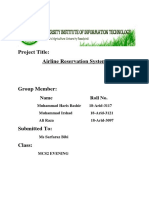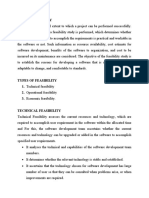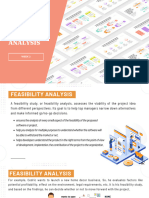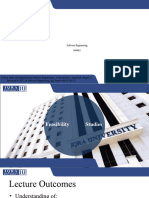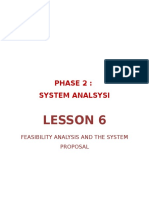0% found this document useful (0 votes)
42 views2 pagesFeasibility Study
tq
Uploaded by
A.Divyasri CSE (21567T0903)Copyright
© © All Rights Reserved
We take content rights seriously. If you suspect this is your content, claim it here.
Available Formats
Download as DOCX, PDF, TXT or read online on Scribd
0% found this document useful (0 votes)
42 views2 pagesFeasibility Study
tq
Uploaded by
A.Divyasri CSE (21567T0903)Copyright
© © All Rights Reserved
We take content rights seriously. If you suspect this is your content, claim it here.
Available Formats
Download as DOCX, PDF, TXT or read online on Scribd
/ 2











